
High-Tech Horse Science
Researchers are using technology to study equine locomotion, physiology, signs of stress, cognition, and more.

Researchers are using technology to study equine locomotion, physiology, signs of stress, cognition, and more.

Dr. Josie Traub-Dargatz shares lessons learned from equine disease outbreaks and tactics for avoiding infection spread.

Dr. Camie Heleski offers insight on how horse and human brains differ.
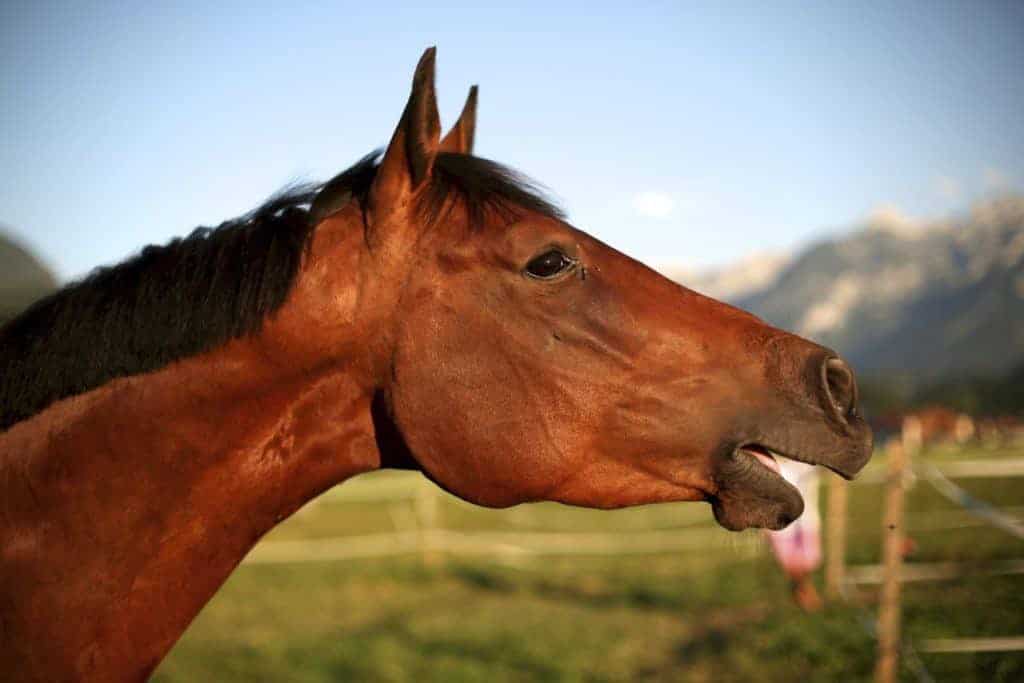
The University of Kentucky’s Dr. Camie Heleski offers advice for handling buddy-sour horses.

Have you taught a horse a task on his left but had him be clueless about it on his right? Dr. Camie Heleski explains.

Dr. Camie Heleski shares scientific information about how much horses might learn from watching each other.

Join us live from the United States Pony Club 2017 Festival and learn how to take care of your experienced Pony Club mount!

Learning theory describes how we can influence horse behavior and improve training outcomes. Discover how to shape your horse’s behavior.
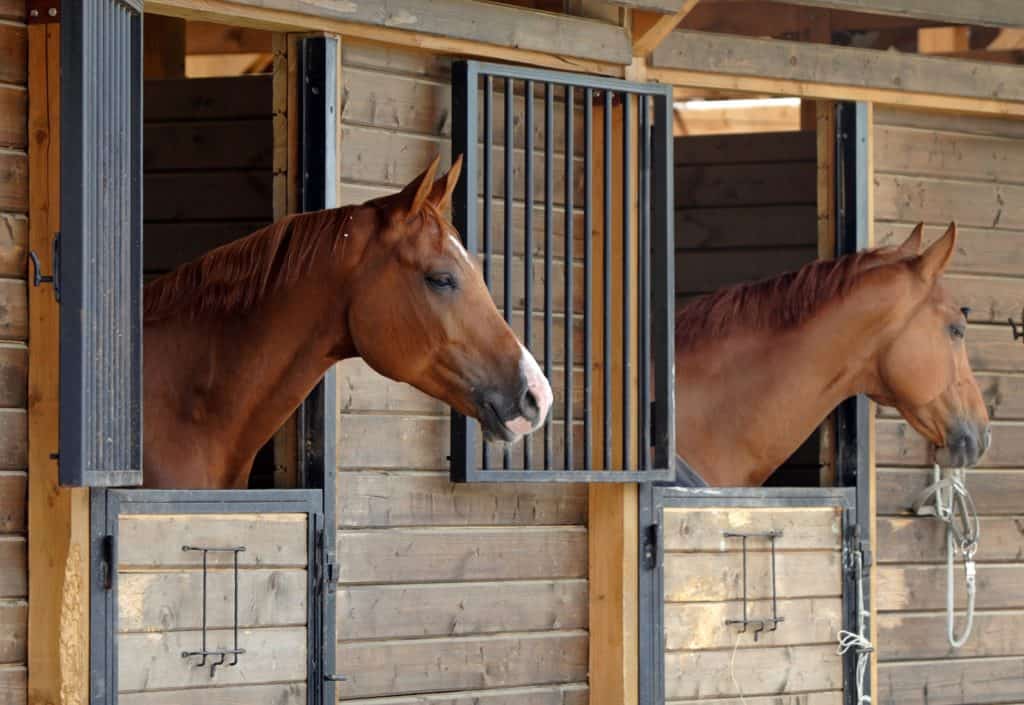
Poor air quality in stalls is a leading cause of equine asthma. Discover ways to improve air circulation when designing horse barns from Morgan Hayes, PE, a livestock systems engineer at University of Kentucky.
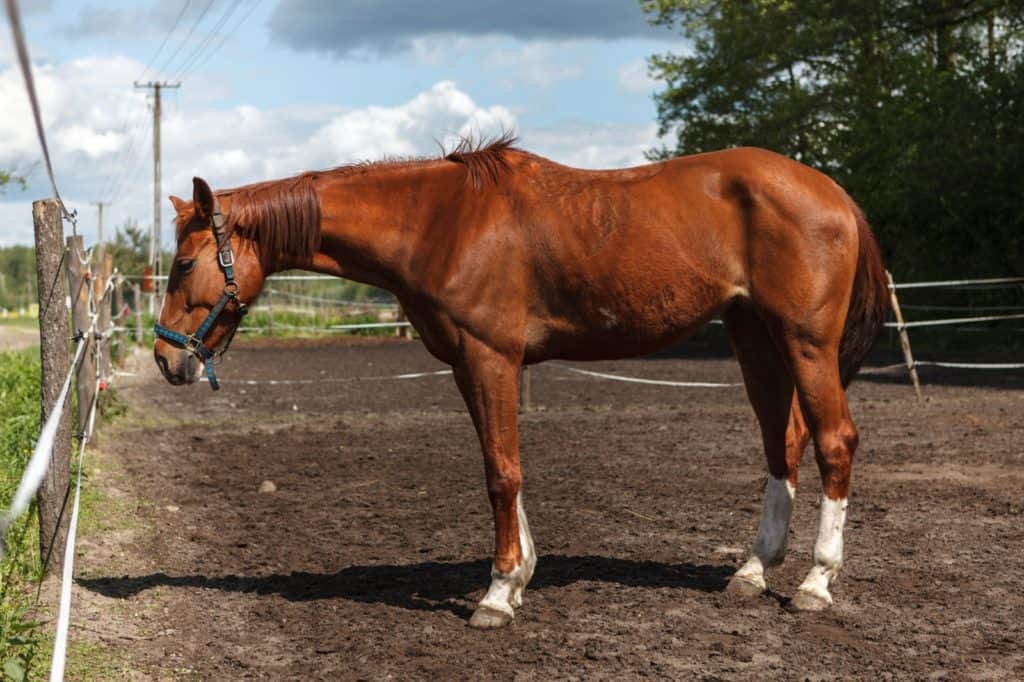
Dr. Martin Nielsen gives a basic overview of health issues that could indicate your horse has “worms.”

Get parasite control advice for horses that haven’t been dewormed recently from Dr. Kenton Morgan.

Dr. Martin Nielsen explains why composting and good manure management are imperative to internal parasite control.

Foals are at the greatest risk for internal parasites. Dr. Kenton Morgan offers advice for protecting them.
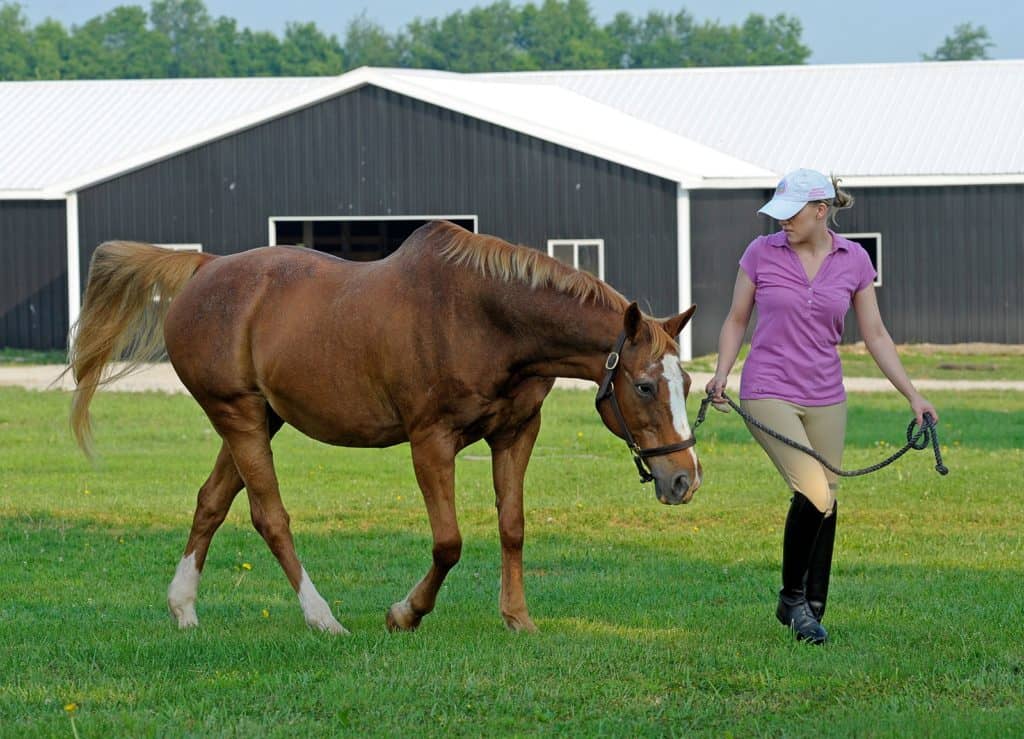
Colic is the most common cause of equine deaths. Take a closer look at this devastating condition.

Learn the most up-to-date information about when and how to deworm your horses.
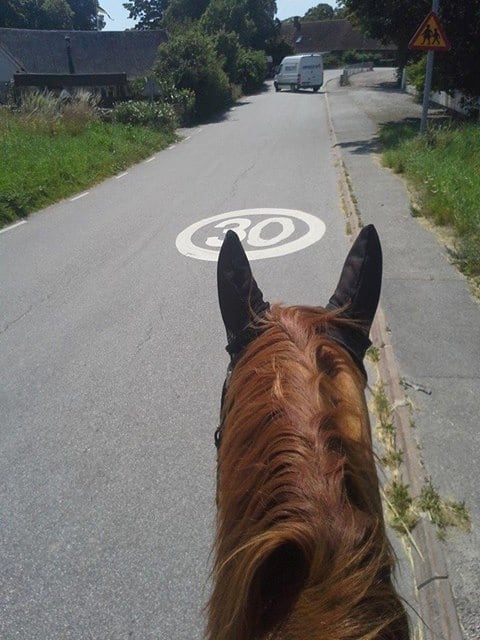
Readers submitted photos and stories of different things that spook their horses.
Stay on top of the most recent Horse Health news with
"*" indicates required fields